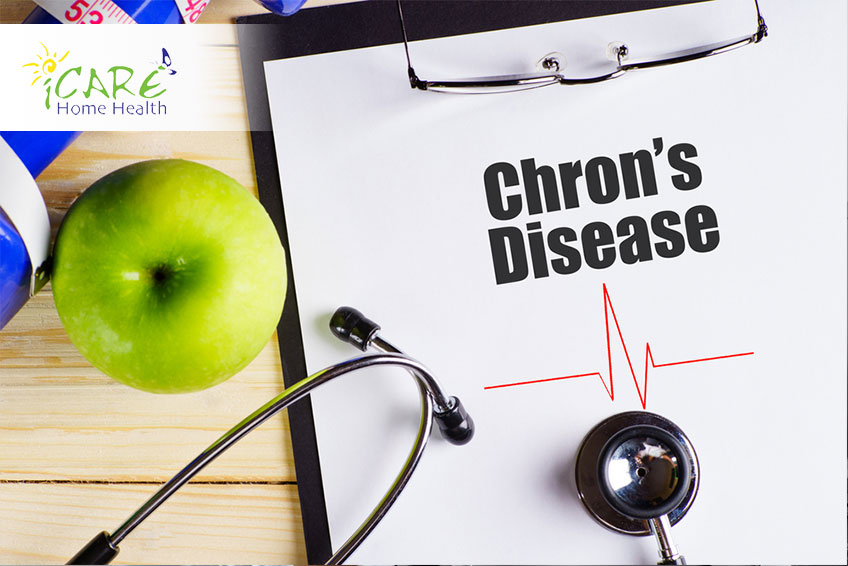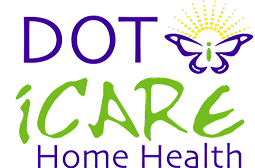Crohn’s & Colitis! Left untreated may lead to Cancer

Crohn’s is “an inflammatory disease of the bowel that affects the intestinal lining causing abdominal pain, diarrhea, rectal bleeding, loss of appetite, weight loss and fever.” Sadly 1 in 150 Canadians are affected by this disease and if left untreated can lead to Cancer.
Since there is no known cure for Crohn’s at this time, the goal is to control inflammation, relieve symptoms and correct nutritional imbalances, all of which can help keep the disease at bay. Medication, while can be effective, can also increase the need for nutritional supplementation as some prescriptions inhibit calcium absorption, increases Vitamin C secretion from the body, as well as loss of other important nutrients. Nutritional deficiencies further weaken the immune system which lengthens recovery time during severe flare ups.
We offer some nutritional tips for those who suffer from this debilitating disease:
- Supplement your diet with Vitamin C – It helps to keep the immune system healthy and also is an anti-inflammatory – take minimum 3000 mg daily. You can safely take Vitamin C to bowel tolerance. Meaning if taking large doses gives you loose stool then, lower the dosage. Also a Vitamin B complex is beneficial as B vitamins work to maintain new cell growth in the intestinal tract, helps to prevent anemia and are needed for proper digestion. A good quality multi-vitamin & probiotic is always a good idea but especially for those with impaired digestion as malabsorption of vital nutrients is common.
- Essential Fatty Acids (such as flaxseed oil, evening primrose, fish oil) – needed for repair of the digestive tract, and reduces inflammation in the body. Studies show they may reduce Crohn’s symptoms and aid in maintaining remission.
- The following items are irritating to the digestive tract and should be avoided: alcohol, caffeine, carbonated beverages, chocolate, corn, nuts, popcorn, eggs, artificial additives, fried & greasy foods, milk, cheese, spicy foods, tobacco. Limit intake of irritating grains such as barley, rye and wheat.
- Diets high in refined carbs are a major trigger for Crohn’s symptoms and must be avoided, cut out all added sugar as much as possible. Eating whole foods, like fresh fruits & vegetables and non-processed foods will eliminate the need to remove sugar from the diet.
- Its easy to fall off the wagon when you are feeling well and forget that diet is key to keeping symptoms from recurring. During times of flare up these tips will help ease some of the symptoms:
- Aloe vera juice to help heal the intestinal lining – taken 3 times daily
- There are many herbs that support the digestive tract and help to reduce inflammation such as slippery elm, marshmallow root, peppermint (only use enteric coated capsules to avoid irritating the intestinal lining), rose hip and burdock root, to name a few. Visit your local health store or natural health practitioner to purchase these.
- Drink lots of water and herbal teas to keep the digestive tract hydrated, no caffeine or carbonated drinks. Cabbage juice has very soothing effects if you can do it.
- Steam, boil or bake your food, nothing fried. Eat non-acidic fresh or cooked vegetables such as broccoli, carrots, kale, spinach, cabbage and turnips.
- Eliminate all dairy, as it is high in histamines and carrageenan which has been shown to induce flare-ups.
Finally, as much as possible try to avoid stress! Our thoughts, nervous system and bodily functions are deeply interconnected. Our thoughts and moods affect our body in a big way! During an attack rest is an important step to healing.

